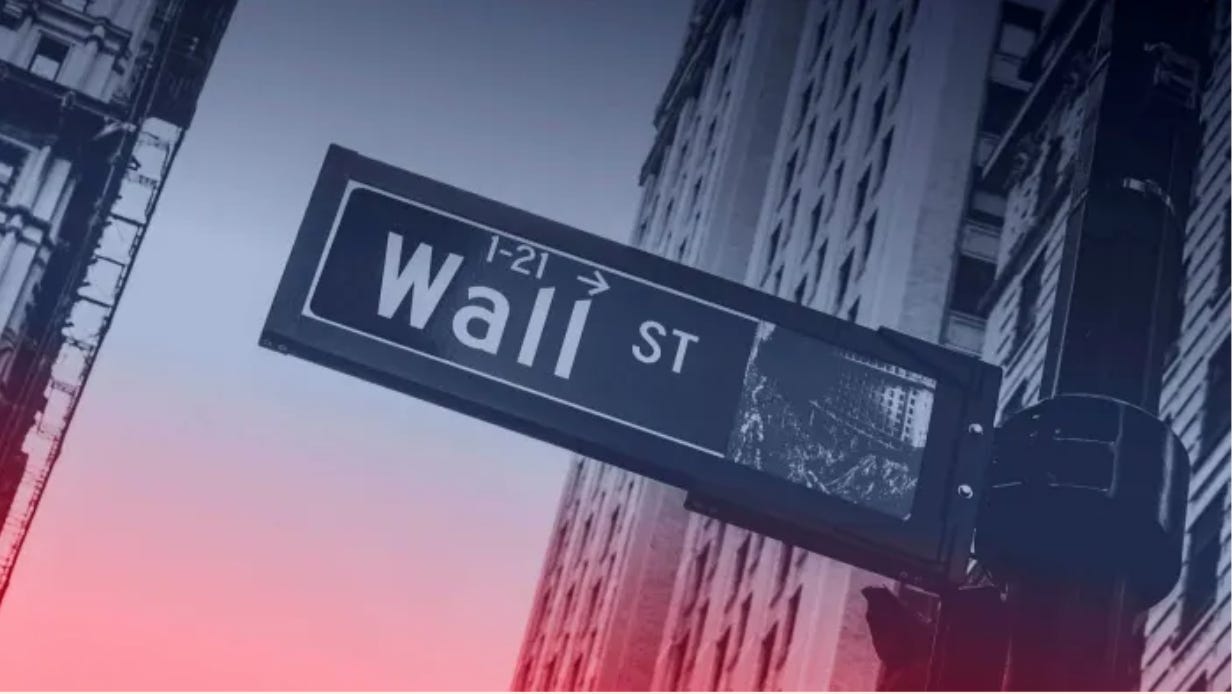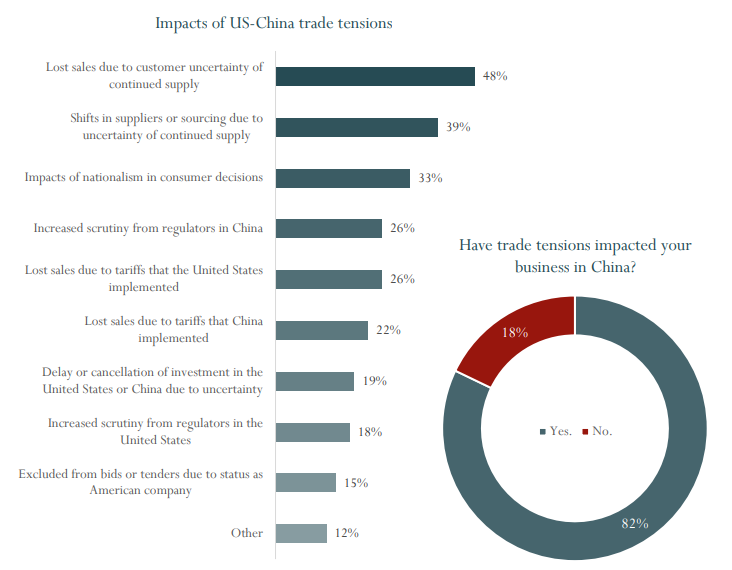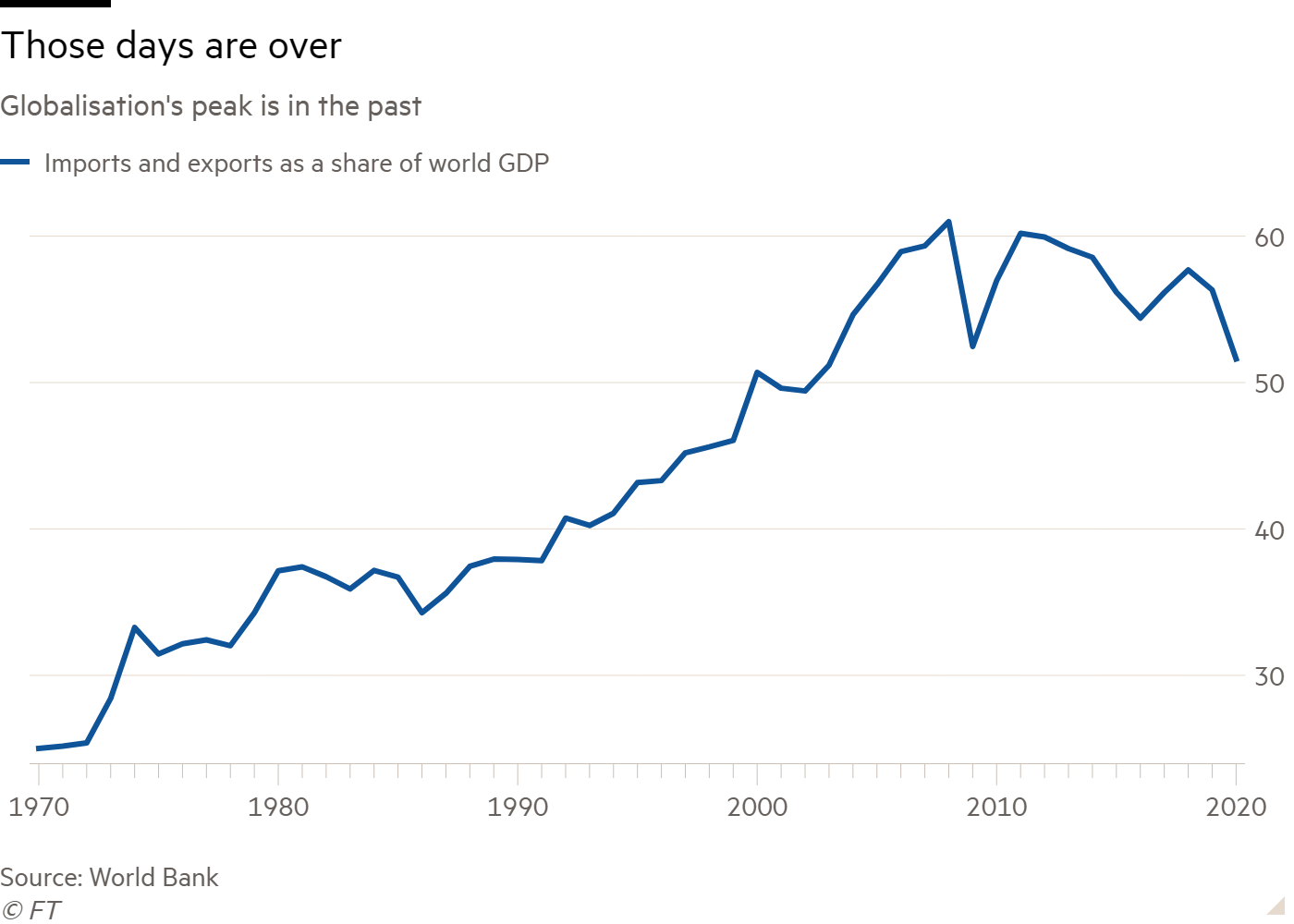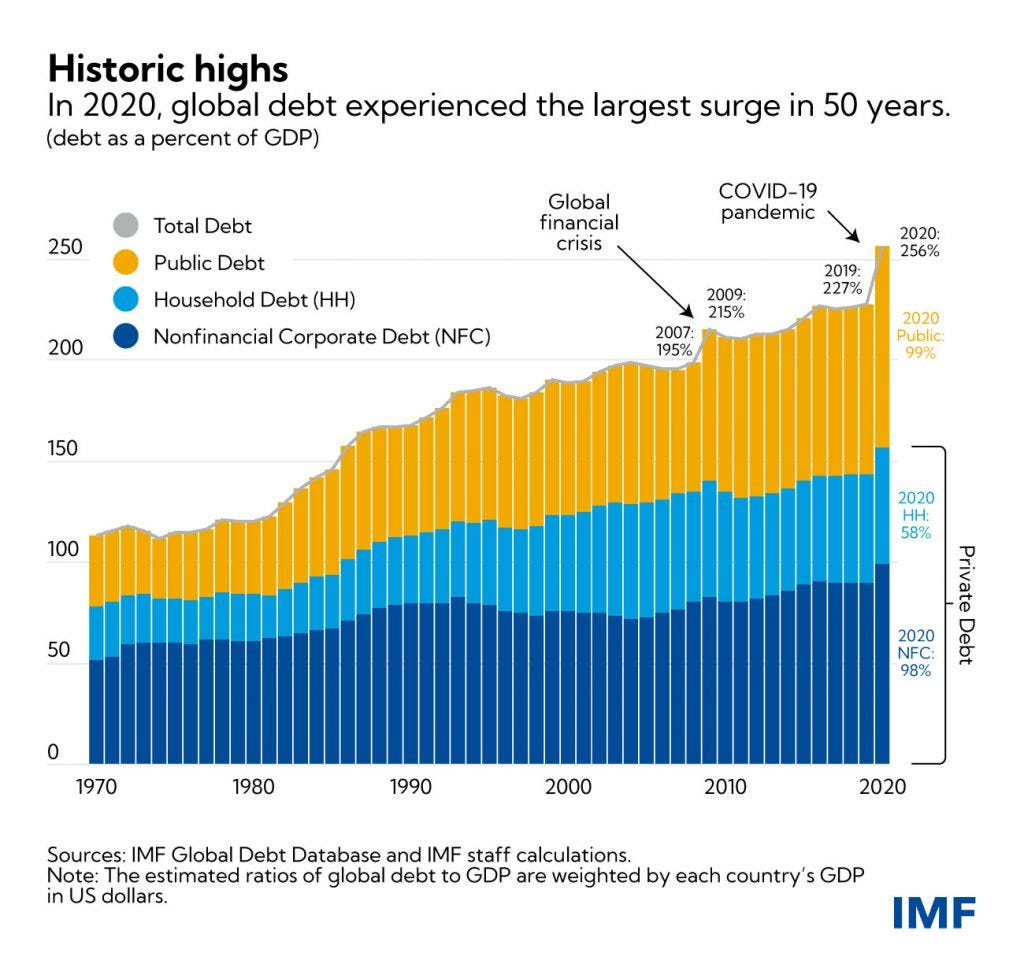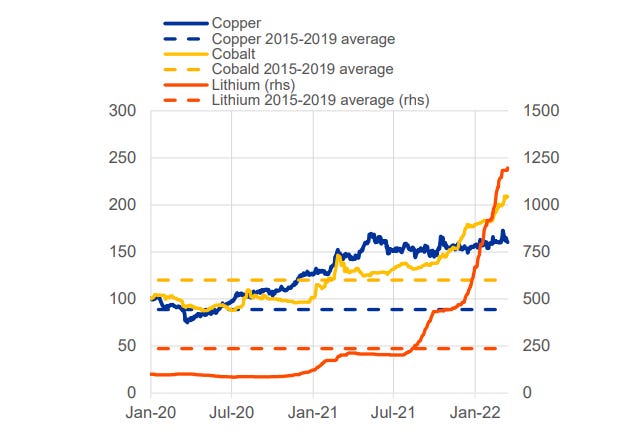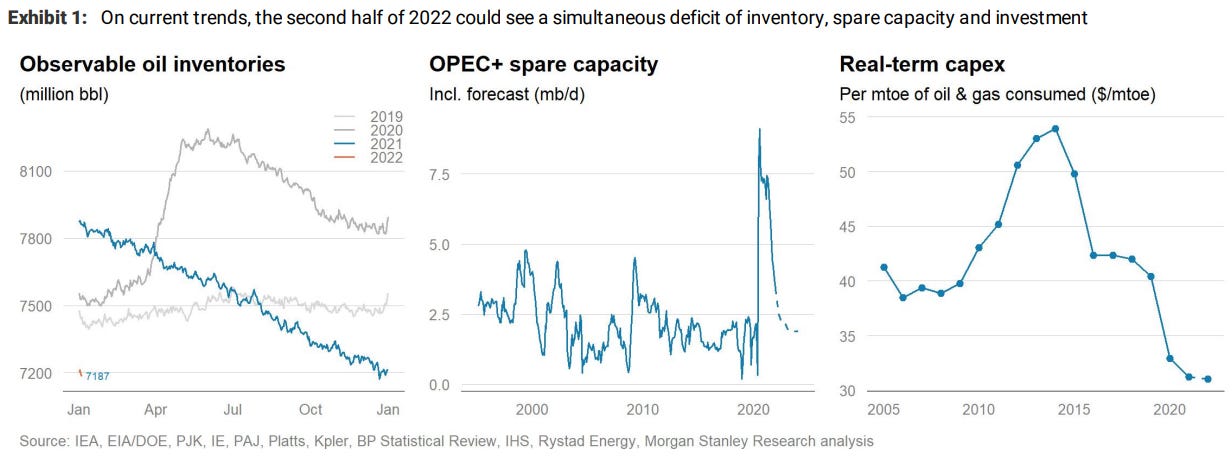VALOR
13mar24
O futuro econômico da China
Há dúvidas se Xi está matando o "capitalismo comunista" de Deng Xiaoping.
Por Martin Wolf
Qual o futuro econômico da China? Essa pergunta levanta muitas questões específicas, mais ente os persistentes desequilíbrios macroeconômicos do país, a ameaça representada pela queda do tamanho da população e a piora no relacionamento com partes importantes do resto do mundo, acima de tudo um EUA cada vez mais hostil. No entanto, por baixo de tudo isso há uma questão ainda mais profunda: será que o "capitalismo comunista", a invenção aparentemente autocontraditória de Deng Xiaoping, está inexoravelmente desaparecendo sob o comando de Xi Jinping? Será que o governo da China vai se fossilizar e, no fim, entrar em colapso, como a União Soviética?
Abordei algumas dessas questões em uma série de colunas publicadas em 2023. Na semana passada, pouco depois de retornar de uma visita a Pequim e Xangai, minha primeira desde 2019, reexaminei os desafios macroeconômicos estruturais da China e levantei preocupações sobre o possível ressurgimento de desequilíbrios mundiais desestabilizadores. Pretendo agora abordar essa questão muito maior: será que Xi está matando o sistema de Deng? Muitas pessoas bem informadas com as quais me encontrei estavam extremamente pessimistas, em especial quanto às perspectivas para o setor privado. No entanto, será que em algum momento esses problemas serão resolvidos, ou não?
Essa questão é bastante esclarecida pelo livro "China"s World View", recém-publicado de David Daokui Li, um ilustre professor de economia formado em Harvard, que leciona na Universidade de Tsinghua. Pessoas interessadas na China, sejam linha-dura ou moderadas, deveriam ler cuidadosamente o valioso livro de Li.
Talvez sua observação mais surpreendente seja que "de 980 até 1840, o início da história moderna da China", a renda per capita do país caiu. A China antiga estava presa em uma armadilha malthusiana. Tal quadro é ainda pior do que o retratado no trabalho do falecido Angus Maddison. Mesmo depois de 1840, essa realidade sombria não se tornou muito mais brilhante. Somente após a "reforma e abertura" de Deng Xiaoping é que ela mudou.
Ao liberar as rédeas da economia privada, confiar nas forças de mercado e abrir-se para a economia mundial, Deng criou as condições para uma transformação extraordinária. Por outro lado, ao reprimir as demandas por democracia na Praça da Paz Celestial, em 1989, ele também reforçou o controle do partido comunista. Ele inventou uma nova economia política: a China de hoje é o resultado.
Se ela também é sustentável? O livro de Li responde com um claro "sim". Em essência, ele argumenta que o sistema político da China deveria ser visto não como o soviético, mas como uma forma modernizada do Estado imperial tradicional chinês. Esse Estado é paternalista. Ele é responsável pelo povo, mas não presta contas a ele, exceto em um aspecto fundamental: se perder o apoio da massa, será derrubado. O trabalho desse Estado é proporcionar estabilidade e prosperidade. No entanto, ao fazê-lo, não tenta controlar tudo a partir do centro. Isso seria loucura em um país tão vasto: ele descentraliza o controle para as esferas locais. O Partido Comunista deveria ser visto fundamentalmente como o partido nacional da China, argumenta Li.
Sob esse ponto de vista, o governo de Xi não representa um abandono dos objetivos da era Deng Xiaoping, mas sim uma tentativa de remediar problemas criados por sua dependência do "capitalismo total", a saber, a corrupção generalizada, a desigualdade cada vez maior e os danos ambientais. Os problemas também incluem críticas dos novos plutocratas, em especial Jack Ma, do Alibaba, sobre as áreas protegidas da política e da economia. As autoridades chinesas estão tão preocupadas com os monopólios das plataformas tecnológicas e a instabilidade das finanças quanto as ocidentais. Acima de tudo, argumenta Li, o desenvolvimento econômico continua sendo um objetivo fundamental. A diferença apenas é que agora existem outros objetivos também, em particular, o fortalecimento do controle do partido, a assistência social, o desenvolvimento cultural e a proteção ambiental.
A era Deng Xiaoping, de fato, legou muitos problemas. Parte da culpa disso recai sobre a relativa passividade das eras Hu Jintao e Wen Jiabao. Grande parte da culpa, porém, recai sobre a tendência inerente à corrupção de uma economia de mercado dependente do arbítrio administrativo. No entanto, a tendência de Xi de centralizar a tomada de decisões não melhorou nitidamente a situação. Ela ameaça criar uma paralisia ou uma reação excessiva: o fracasso em promover uma reorientação rápida para deixar de depender do setor imobiliário é um exemplo de um caso de paralisia; o erro em não ter abrandado a tempo os lockdowns contra a covid-19 é um exemplo de reação excessiva. A gestão de uma economia guiada politicamente por múltiplos objetivos só pode ser mais difícil do que a de uma que tenha como único objetivo crescer. As políticas assertivas de Xi também pioraram as relações com as autoridades políticas ocidentais.
É bem possível, portanto, interpretar o que está ocorrendo como, em grande medida, uma tentativa de solucionar os complicados legados da era Deng Xiaoping em um cenário mundial que é muito mais complexo. Também é possível argumentar que a reafirmação do controle do partido por Xi é perfeitamente racional. A alternativa, de avançar para um sistema legal independente, com direitos de propriedade arraigados, e um sistema político mais democrático, era arriscada demais. Em um país do tamanho e nível de desenvolvimento da China, isso poderia ter criado o caos. A alternativa conservadora de Xi deve ter parecido muito mais segura, mesmo que possa ter matado a galinha dos ovos de ouro que vinha trazendo tanta prosperidade. Mesmo assim, parecia muitíssimo mais segura.
Quando consideramos as perspectivas para a China, não devemos ter principalmente como foco a lista de problemas óbvios - a queda nos preços dos imóveis, a dívida excessiva, a poupança excessiva, o envelhecimento da população e a hostilidade ocidental. Ainda que com dificuldade, um país com os recursos humanos e o potencial de crescimento da China é capaz de lidar com todos eles.
A questão maior é se na era centralizadora, cautelosa e conservadora de Xi, a passagem da estagnação para o crescimento explosivo vista na era Deng Xiaoping está condenada a reverter-se, e voltar para a estagnação. Se as pessoas começarem a acreditar que o dinamismo do passado recente foi perdido para sempre, então há o risco de que caiam em uma espiral descendente de decepção das esperanças. Ainda assim, a força de 1,4 bilhão de pessoas que almejam uma vida melhor é extremamente poderosa. Será que algo conseguirá detê-la? A resposta, suspeito, ainda é "não".
Martin Wolf é editor e principal comentarista econômico do Financial Times
